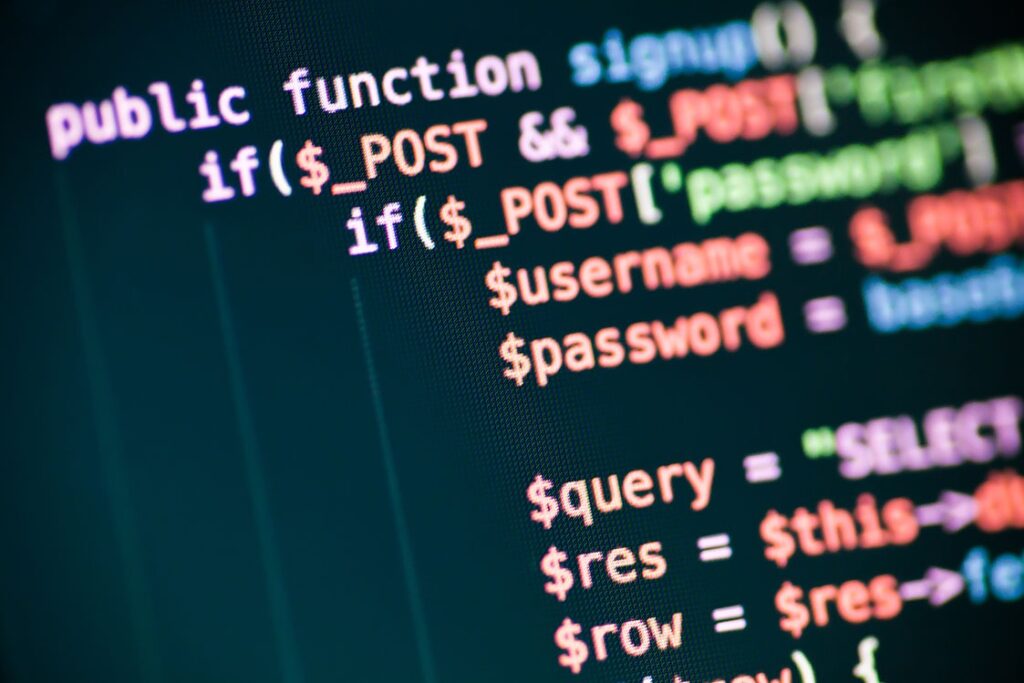The world of cybersecurity was rocked by the recent discovery of a critical remote code execution (RCE) vulnerability in PHP, one of the most widely used programming languages for web development. The vulnerability, identified as CVE-2024-4577, affects versions 5.x and earlier, potentially exposing thousands of servers worldwide to the risk of complete compromise.
With a severity rating of 9.8, this vulnerability is considered extremely dangerous. It allows an attacker to execute arbitrary code on an affected server without the need for any login credentials, effectively granting them full control over the system.

Malicious Actors Swiftly Exploit the Vulnerability
Unfortunately, it didn’t take long for malicious actors to take advantage of this security flaw. Within a short period of the vulnerability being disclosed, attackers began using it to deploy ransomware on vulnerable servers across the globe.PHP
Ransomware is a particularly insidious type of malware that encrypts a victim’s files, rendering them inaccessible. The attackers then demand a ransom payment, often in cryptocurrency, in exchange for the decryption key needed to restore access to the files.
The widespread use of PHP in web development means that this vulnerability has the potential to impact a vast number of websites and online services. The full extent of the damage caused by these ransomware attacks is still being assessed, but it is likely to be significant.
Addressing the Vulnerability and Mitigating Risk
For server administrators and website owners, the discovery of this PHP vulnerability underscores the critical importance of keeping software up to date and applying security patches promptly. The article likely provides specific recommendations for addressing this issue, such as upgrading to a newer, patched version of PHP or applying a vendor-provided security fix.
In addition to patching, it is also crucial to maintain regular backups of important data. In the event of a successful ransomware attack, having a recent backup can be the difference between a minor inconvenience and a catastrophic loss of data.
For those who have already fallen victim to a ransomware attack as a result of this PHP vulnerability, the article may offer guidance on next steps. This could include reporting the incident to relevant authorities, assessing the extent of the damage, and considering options for data recovery, such as restoring from backups.
The Ongoing Battle Against Cyberthreats
The swift exploitation of this PHP vulnerability by ransomware attackers serves as a sobering reminder of the constant threat posed by cybercriminals. As software becomes increasingly complex and interconnected, the potential for vulnerabilities with far-reaching impacts only grows.
To stay ahead of these threats, it is essential for developers, system administrators, and users alike to prioritize security best practices. This includes regular software updates, strong authentication measures, network segmentation, and ongoing security monitoring.
While the full ramifications of this PHP vulnerability and the resulting ransomware attacks are still unfolding, it is clear that the incident will have a significant impact on the cybersecurity landscape. It serves as a wake-up call for the tech community to redouble its efforts in building secure, resilient systems that can withstand the ever-evolving tactics of malicious actors.
As more details emerge about this security incident, it will be important to learn from the lessons it provides and work collaboratively to create a safer, more secure digital ecosystem for all.










Add Comment